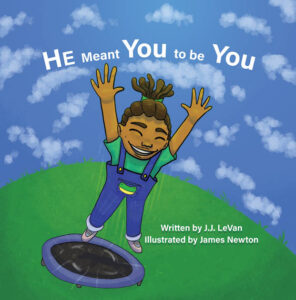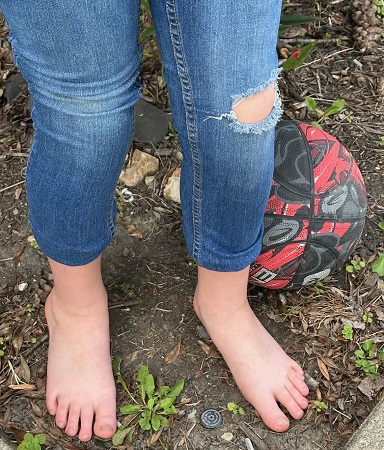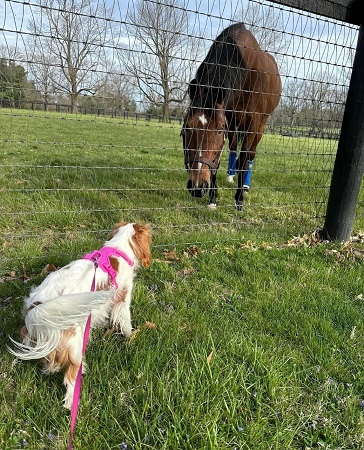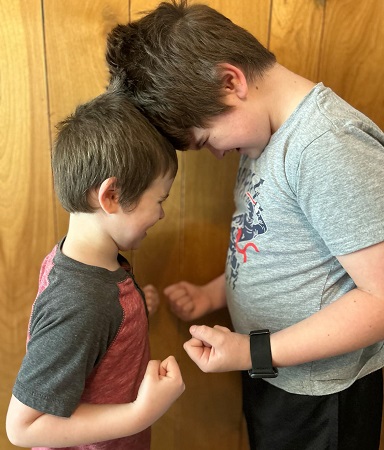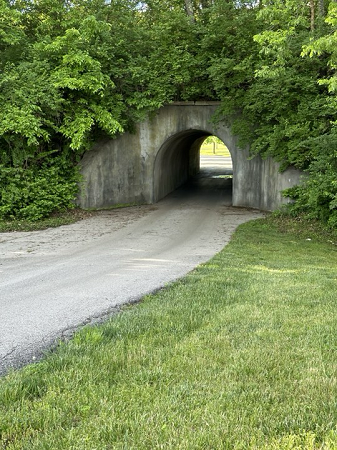Keep Your Head
 When life goes out of control, it’s hard to keep your head. Uncertainty leads to panic rather than patience.
When life goes out of control, it’s hard to keep your head. Uncertainty leads to panic rather than patience.
Keep your head means to remain calm.
Although everything around you falls apart at the seams, you don’t. Instead, you find calm in the middle of the storms.
Keep your head does not mean you never feel stressed.
With so much turmoil in the world today, stress affects everyone. Daily news bombards us with updates on:
- Wars
- Price increases
- Abuse
- Disasters
- Crime
Everything goes haywire. Yet you find personal control in the worst of it.
Rather than give in to problems, get a grip on solutions.
As a former teacher often said, “Think. Just think.” Apply the good sense God gave you.
Choose:
- Faith over fear
- Hope over despair
- Peace over pressure
- Calm in chaos
“But you, keep your head in all situations” (2 Timothy 4:5 NIV).
Thanks to Joanne Viola for the suggestion. Image by Gerd Altmann from Pixabay.
Do you have an expression you want explained or a thought about this one? If so, please comment below.
Subscribe to receive my weekly posts by email and receive a free copy of “Words of Hope for Days that Hurt.”
If you enjoyed this post, please share it with your friends.


